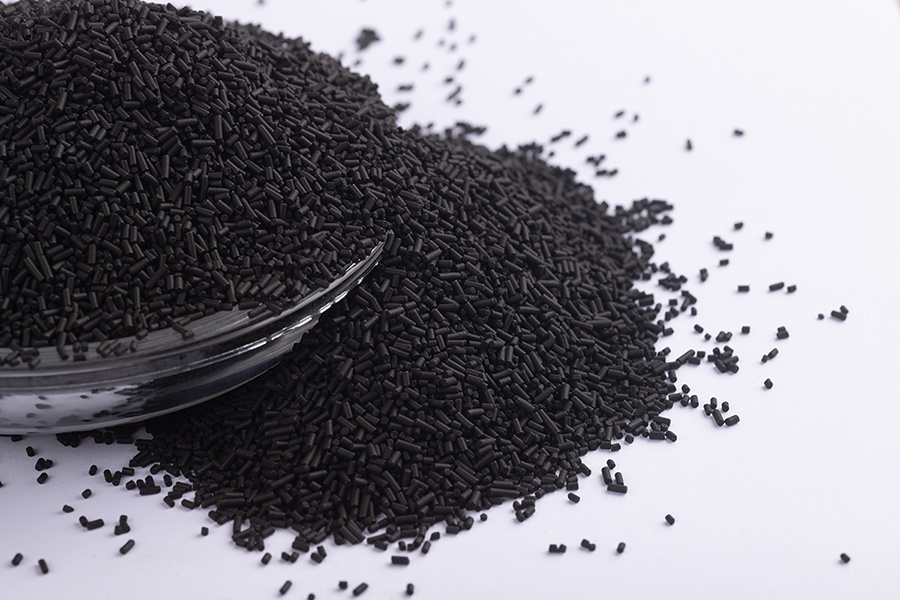Carbon Molecular Sieves: Key to Efficient Gas Separation in Industry
Carbon molecular sieves (CMS) are revolutionizing gas separation processes across industries due to their exceptional selectivity and efficiency. These microporous carbon materials separate gases based on molecular size and adsorption kinetics, making them ideal for applications requiring high-purity outputs.
A key advantage of CMS is their use in pressure swing adsorption (PSA) systems, where they enable cost-effective nitrogen generation by selectively adsorbing oxygen. This technology is crucial for food preservation, pharmaceutical manufacturing, and chemical processing. Additionally, CMS excels in hydrogen purification for refineries and biogas upgrading, where it removes CO₂ to enhance fuel quality.
Compared to traditional adsorbents like zeolites, CMS offers faster kinetics, moisture resistance, and longer lifespan, reducing operational costs. Their hydrophobic nature ensures stable performance even in humid conditions.
Ongoing research aims to optimize CMS pore structures for enhanced separation efficiency, particularly in carbon capture and sustainable energy applications. As industries prioritize energy-efficient solutions, CMS will remain indispensable for clean and economical gas separation.

Related News

TOP



